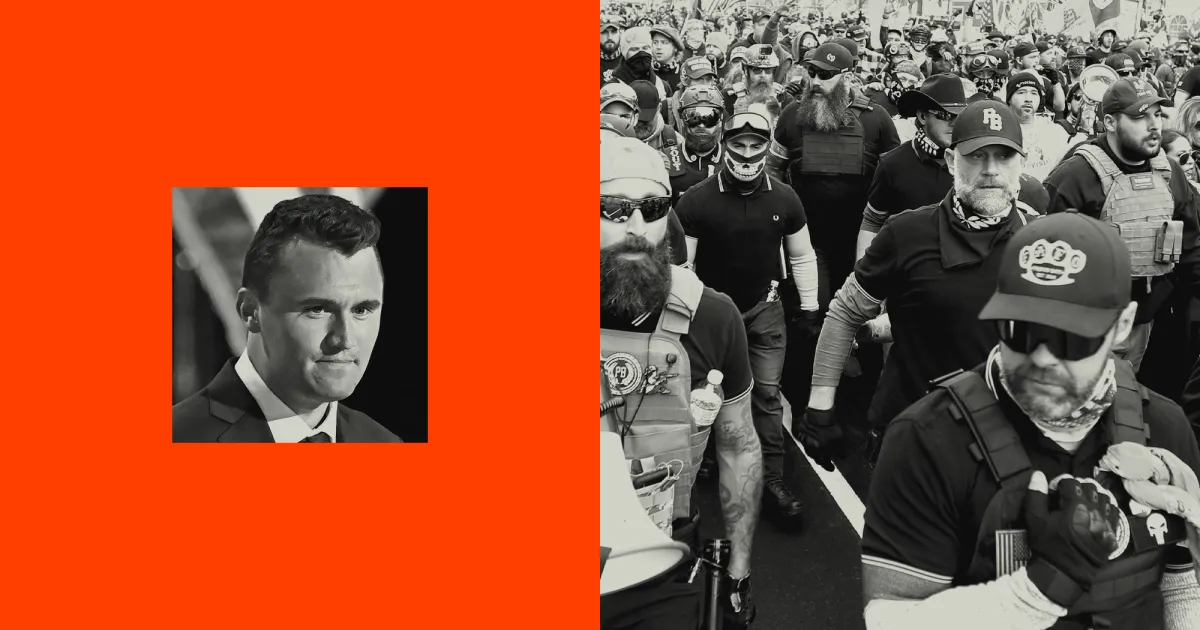By Khurram Husain
Copyright dawn

IN case you’ve missed the signs, it seems Pakistan is getting ready to go places. Something is stirring, just not in the way we are used to from past experience. In previous episodes of playing its part in great power foreign policies, Pakistan received its return in the form of guns and money from the same source: the US. The great power underwrote the country’s growth rates and helped rearm it. In return, it got Pakistan’s alliance, a more or less passive one in the ’60s, and an active, kinetic one in the ’80s and ’00s.
Today, it is different. Some sort of future in great power foreign policy is indeed shaping up for Pakistan. But the US may not be the key player this time around. It seems a military relationship with China is getting ready for an upgrade, and perhaps some sort of remunerative relationship with the Gulf kingdoms of the Middle East, in return for some sort of security assurances, is also beginning to take shape. Guns from the east, and money from the west. Meanwhile, the US can perhaps be counted on to stay out of the way, so long as this relationship doesn’t interfere with its priorities in both regions.
It will be a delicate high-wire act to pull off. But one thing that our rulers have proven themselves adept at pulling off time and again is precisely this sort of geopolitical high-wire act. They are not good at managing or running a modern economy. They cannot muster the kind of expertise it takes to build productivity, grow revenues, streamline expenditures, and forge consensus around lasting national economic priorities like the reform of state-owned enterprises or a new, more stable fiscal compact. They are mistrustful of the market and the private sector, while they cannot operate their own end of the bargain — state-owned companies and the administered pricing regime — with much success.
But put them on the geopolitical chessboard and suddenly they are on home turf. This is a game they have learned to play with skill over the decades. And to understand this game, it is necessary to see one key equation around which a lot of geopolitics revolves. This is the equation that ties guns to money.
Put our rulers on the geopolitical chessboard and suddenly they are on home turf.
Those with great wealth always require protection. And those with the means to provide this protection always need money to pay for the upkeep of this capability. If a power succeeds in internalising both the wealth-creating dynamics of its era and the best means of protection available in its era, it becomes a contender for great power status in the world. But most others have one or the other — guns or money — or run their affairs in such a manner as to stay out of everyone else’s way, thereby minimising their required investment in protection.
Consider the following. Pakistan has the guns but lacks the money with which to maintain and build upon its investment in a protection-producing enterprise. Meanwhile, the Gulf monarchs have enormous stockpiles of wealth, but seek protection from some outsider since they don’t have the means to run a protection-producing enterprise themselves. We’ve got the guns, they’ve got the money, and it seems ordained that sooner or later the twain shall meet.
The just-concluded Doha conference, in which Pakistan signalled its interest in becoming a part of some sort of regional security arrangement, has set the ball rolling. There are still a lot of details to be worked out, but here is what we can conclude. The Gulf monarchs are becoming acutely aware of their vulnerability and the fact that the US cannot be relied upon to protect them. As they look around to see who else can, they find few takers. Russia has problems of its own, and China does not want to get involved in the Middle East beyond diplomatic statements. The only countries with large enough armies that can provide even a modicum of protection are Pakistan and Egypt. The latter more or less rules itself out.
In Pakistan, they see a country with armed forces that have recently proved themselves, and has the missile capability to respond to Iran as well as India with surgical precision and symmetry, as well as the capability to raise a large land-based force very quickly, given the resources. Of course, Pakistan cannot extend a full security umbrella over the Middle East. It would be silly to even try. But Pakistan can credibly work at lower thresholds such as providing training for officers and fighter pilots, helping build doctrine, advising on how to build up air defences and better utilise early warning systems, detecting vulnerabilities, upgrading intelligence gathering, selecting hardware, advising on missile programme development and much more.
In addition, they see a country with deep economic dysfunctions. A country that has superior capability but little ability to pay for it. The reflexes of the country’s ruling elite, its historical legacy, and its current political predicament will all push it in the direction of seeking some sort of money-for-guns bargain with the Gulf monarchs, instead of pursuing a path of reform domestically and working to unlock its own domestic potential.
Hence, the readiness with which Foreign Minister Ishaq Dar signalled Pakistan’s willingness to play a role. Whether or not the resultant bargain is sufficient in size to pay for the country’s economy to move from stagnation to growth remains to be seen. It is unlikely the monarchs will show much interest in buying hearts and minds or investing in the prosperity of Pakistan’s citizenry. It is more likely they will aim for a settlement that helps underwrite Pakistan’s procurement needs for the next few years, and maybe a little beyond that. This may not be enough to give us the old-fashioned boom years we are used to having as part of these bargains in the past. But it will be enough to ensure there is no painful bust either.
The writer is a business and economy journalist.
Published in Dawn, September 18th, 2025



